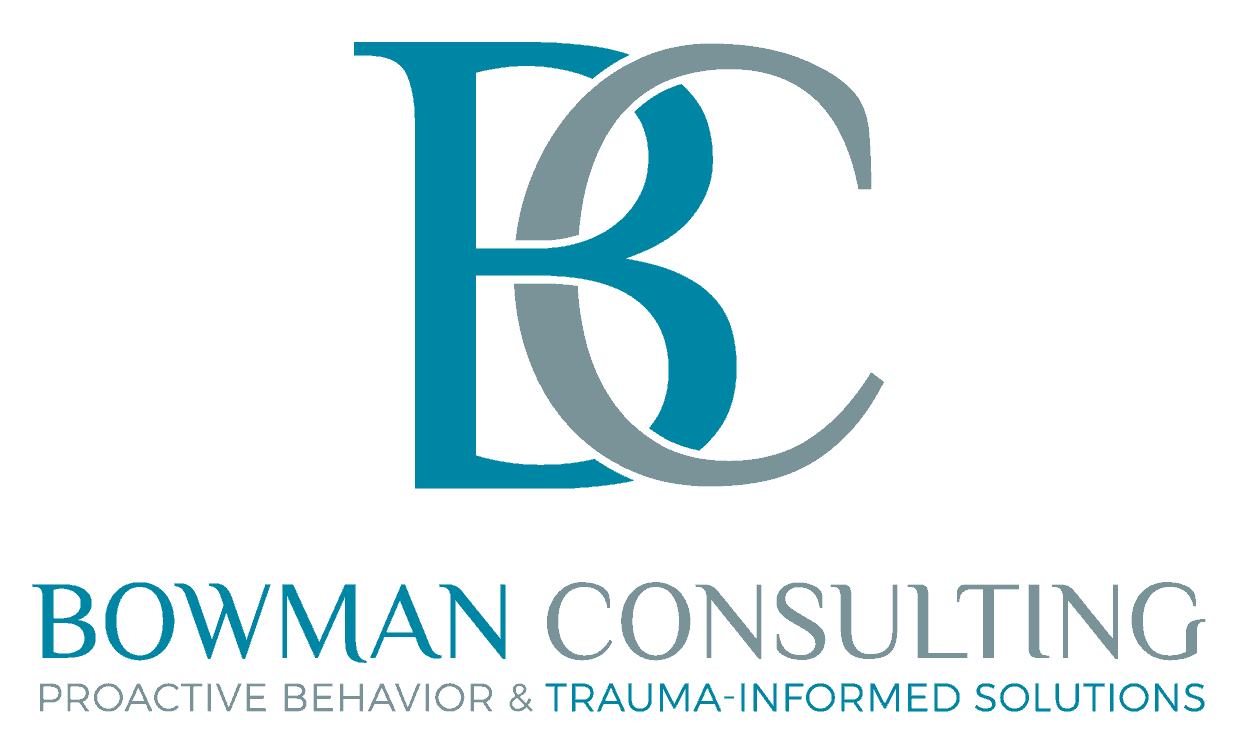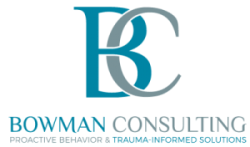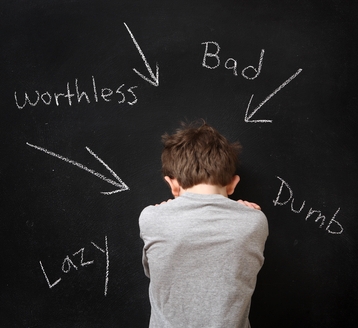
Rick & Doris Bowman are Certified Trainers of the Collaborative Problem Solving® (CPS) approach by Think:Kids, a program based in the Department of Psychiatry at Massachusetts General Hospital (MGH) in Boston, MA – www.thinkkids.org
As both a special education teacher and a parent, the skills I learned during Collaborative Problem Solving Training provided by Rick and Doris have allowed me to better understand and support children and their needs. Their passion for the content and extensive real-life experiences have stoked an enthusiasm for sharing this strategy with other parents and colleagues. Additionally, their continued support after the training concluded led me to pursue becoming certified in Collaborative Problem Solving, with the goal of becoming a trainer.
Collaborative Problem Solving was a new found blessing in my career. I wish I had met Doris and Rick sooner. I have 30+ years of educational experience and found their training to be excellent. CPS melds all of the best practice trainings I have had into a complete package. I highly recommend Bowman Consultants and the CPS training!
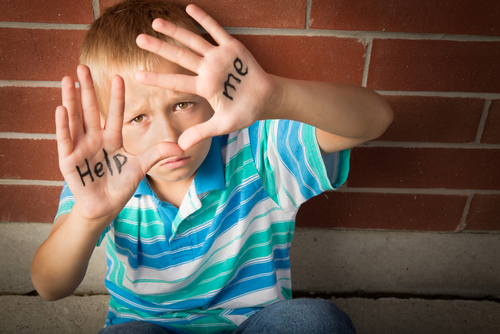
I felt like the presentation was great! We really got a chance to work on scenarios, and become comfortable with the process. Truly a great class, and I will be using the tools I learned today, not only in the work setting, but in my home.
The Bowmans are engaging presenters who are passionate about supporting districts in their quest to help students be more successful in school and beyond. They are fully engaged with making sure the district has the support and tools they need to implement Collaborative Problem Solving.
Sounds like a lot of training and effort… What makes CPS worth the investment?
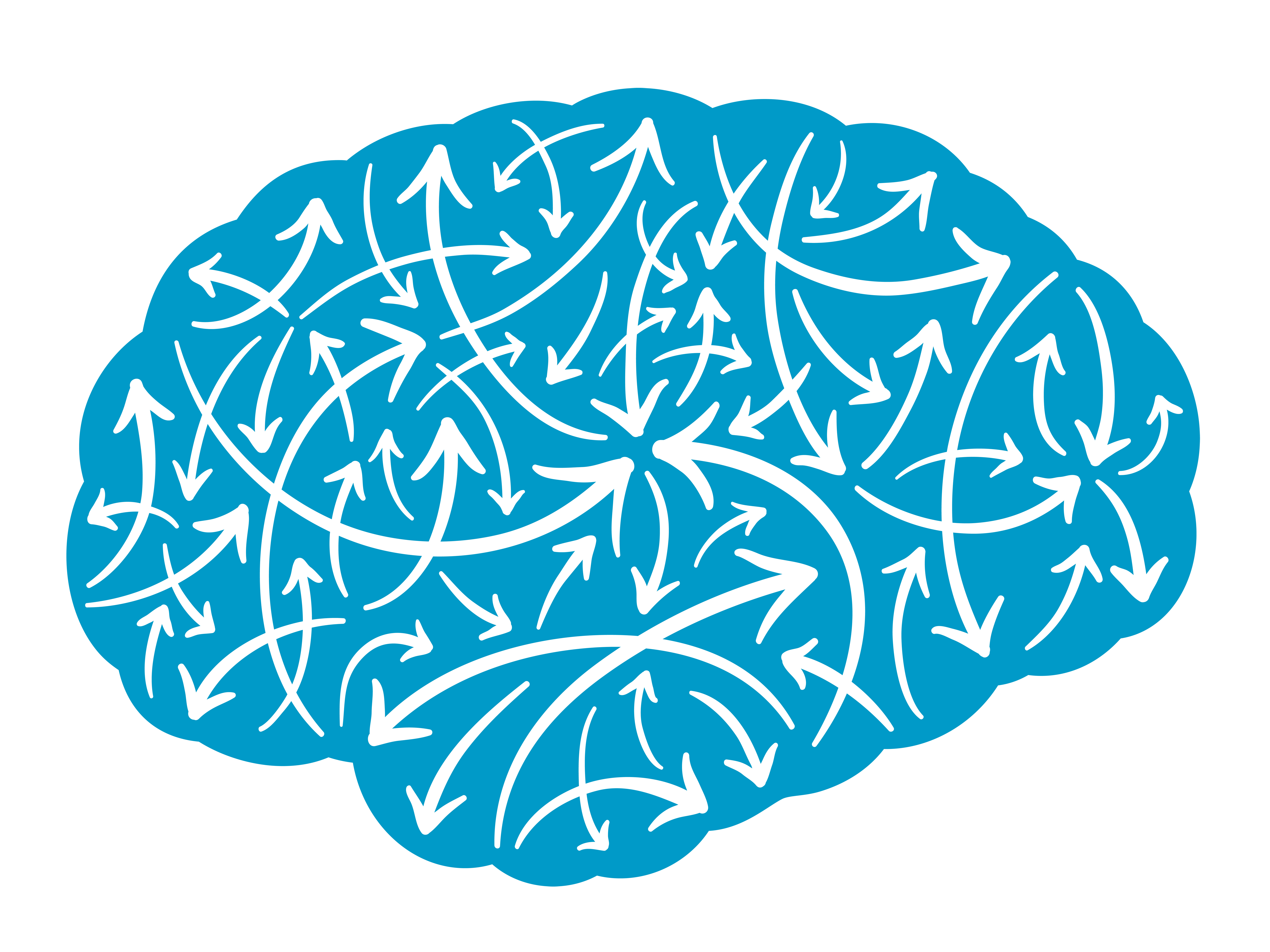
Material was presented in a logical and inspirational way!
Makes the model come alive! Very authentic!
So what kind of Collaborative Problem Solving training is available?
How do I get training for myself or my organization?

Collaborative Problem Solving training typically occurs in 3 phases
for those who wish to become skilled at a level
that will promote consistent fidelity and outcomes:
I am very interested in attending the full version of this training. The presenter was fantastic and explained the info in a very easy to understand way. Great info and mindset as a starting point, and I definitely want to learn more!
The presenter was very knowledgeable and open to questions throughout the class! I would refer others to this class.

